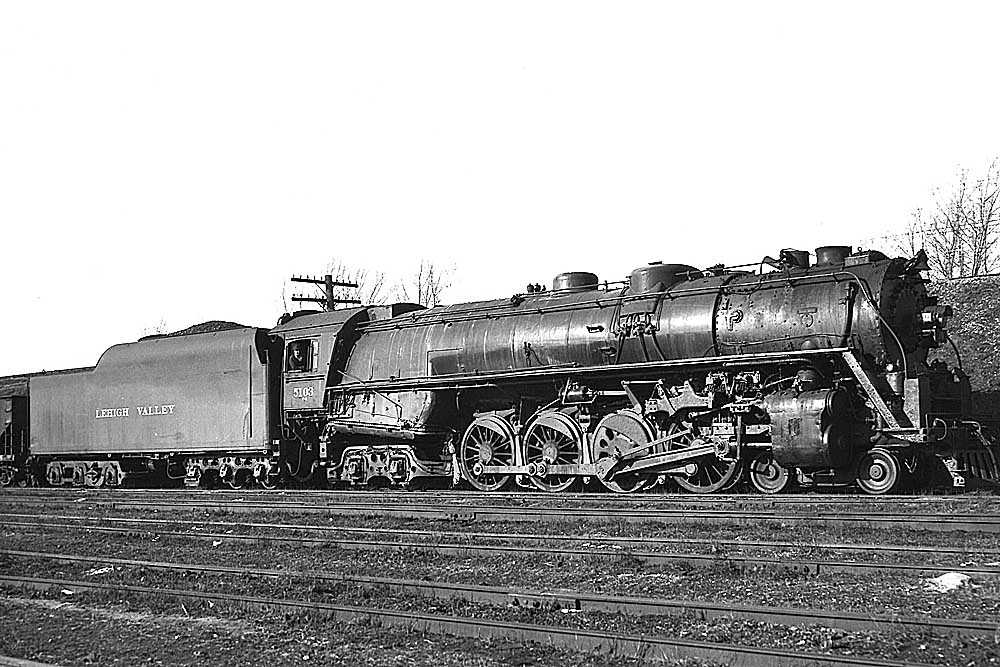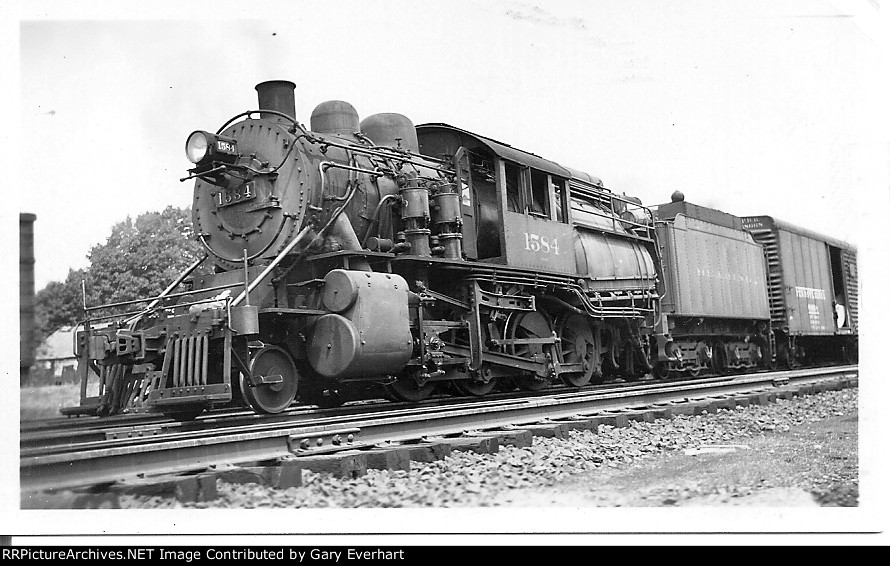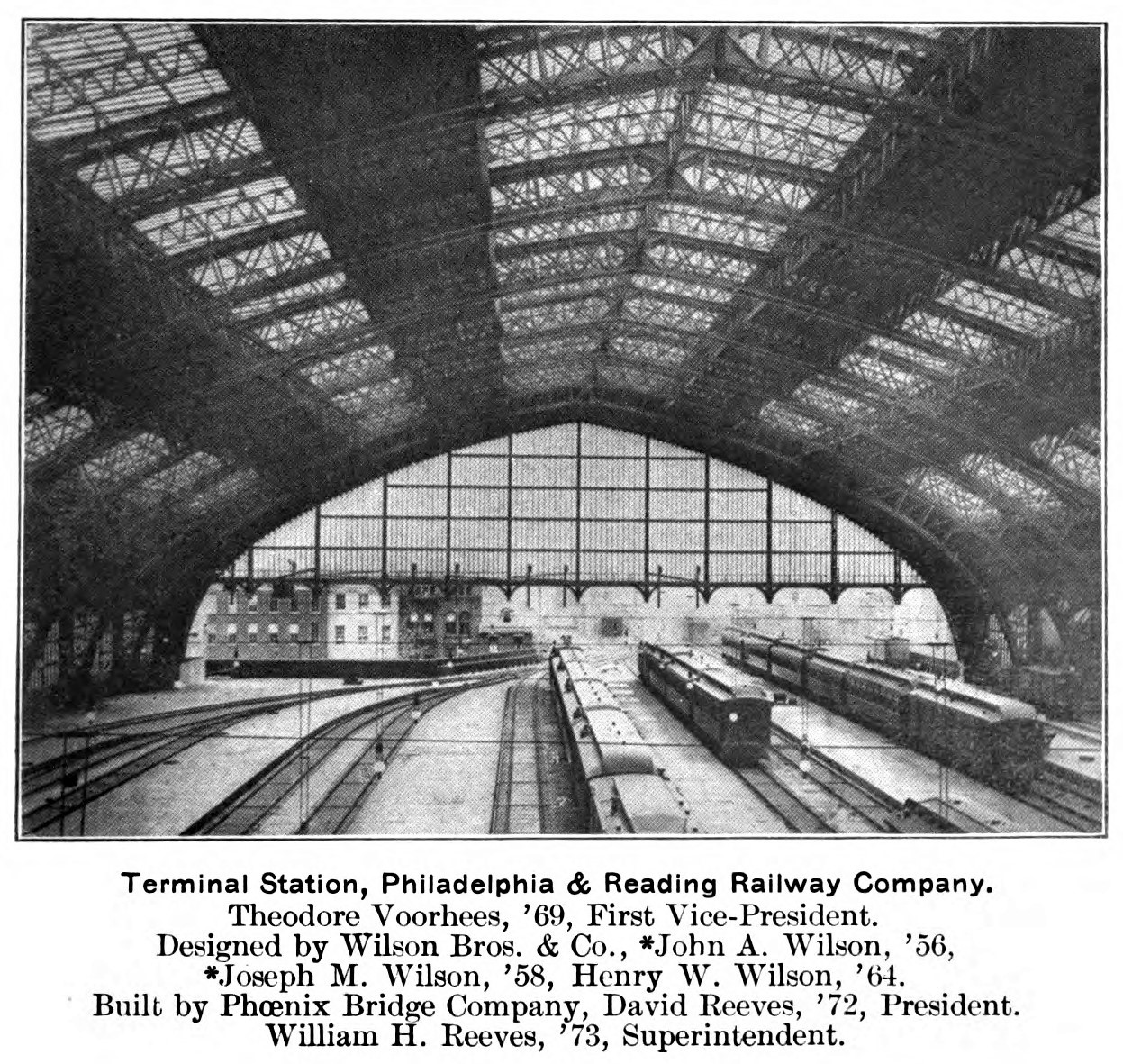In the anthracite hills of Carbon County, Pennsylvania, iron rails carved through forest and farmland, carrying coal, commerce, and hope. At the heart of this story is Reuben Morris Grow (1858–1914), a lifelong railroader and conductor for the Philadelphia & Reading Railroad. His life was measured not just in years but in miles — miles of steel and smoke, echoing whistles, and the steady rhythm of wheels.

Roots and Resolve
Born 26 March 1858 in Mahoning, Carbon County, Reuben came of age in a family marked by hardship and resilience. Brothers lost to war, illness, and tragedy — Samuel at Fredericksburg in 1862, others to the hard fates of the nineteenth century — taught him early that perseverance was the only answer.
At just sixteen, Reuben married Mary Magdaline Swartz of Lehighton. Together they raised a large family, a household as full and lively as the trains he guided through valley and ridge. Several of his children would later follow the rails — proof of how deeply the whistle’s call ran in their blood.
The Conductor’s Calling
Reuben's journey on the rails started as a coal hand. By the 1880's, Reuben wore the conductor’s cap of the Philadelphia & Reading Railroad (P&R). His duties went far beyond ticket-punching: he was timekeeper, guardian, and steward of every soul and shipment on his train.
A morning at the depot began with inspection — brakes tested, couplings checked, timetables memorized. The engineer might fire a camelback locomotive, smoke curling through the Lehigh Gorge mist. Reuben’s voice and presence set the rhythm: “All aboard!” The train lurched, hissed, then surged across trestles and into coal country, binding isolated towns together with steel.

Trials Along the Track
Railroading was perilous. Reuben once jumped from a moving train “for sport” in Lehighton in 1890 — a story told with half-shock, half-admiration. But there were darker days: the deaths of infants, the passing of siblings, the grind of endless shifts. Winters could freeze rails; summers baked men under coal smoke. Yet the work continued. Every train carried livelihoods, letters, and lives.
The Philadelphia Years
By the 1890s, Reuben spent time in Philadelphia, as the Reading expanded its reach. There he would have known the marvel of Reading Terminal, opened in 1893: a soaring station and trainshed, a cathedral of steam. Perhaps he walked its concourse in his conductor’s cap, calling families aboard with the same steady authority he’d honed back home.

A Legacy in Steel and Smoke
Reuben died 11 January 1914 in Philadelphia, aged fifty-five. He was returned to Lehighton for burial, back to the hills where his story began. His sons carried on the rail tradition, keeping the Grow name tied to iron tracks and coal smoke.
Today, each echo of a steam whistle in a Pennsylvania valley carries something of him. His life was not one of fame or fortune, but of rhythm, responsibility, and romance. He was the living pulse of the Reading Railroad — a man whose legacy lies in the endless forward motion of steel wheels across time.

Comments (1)